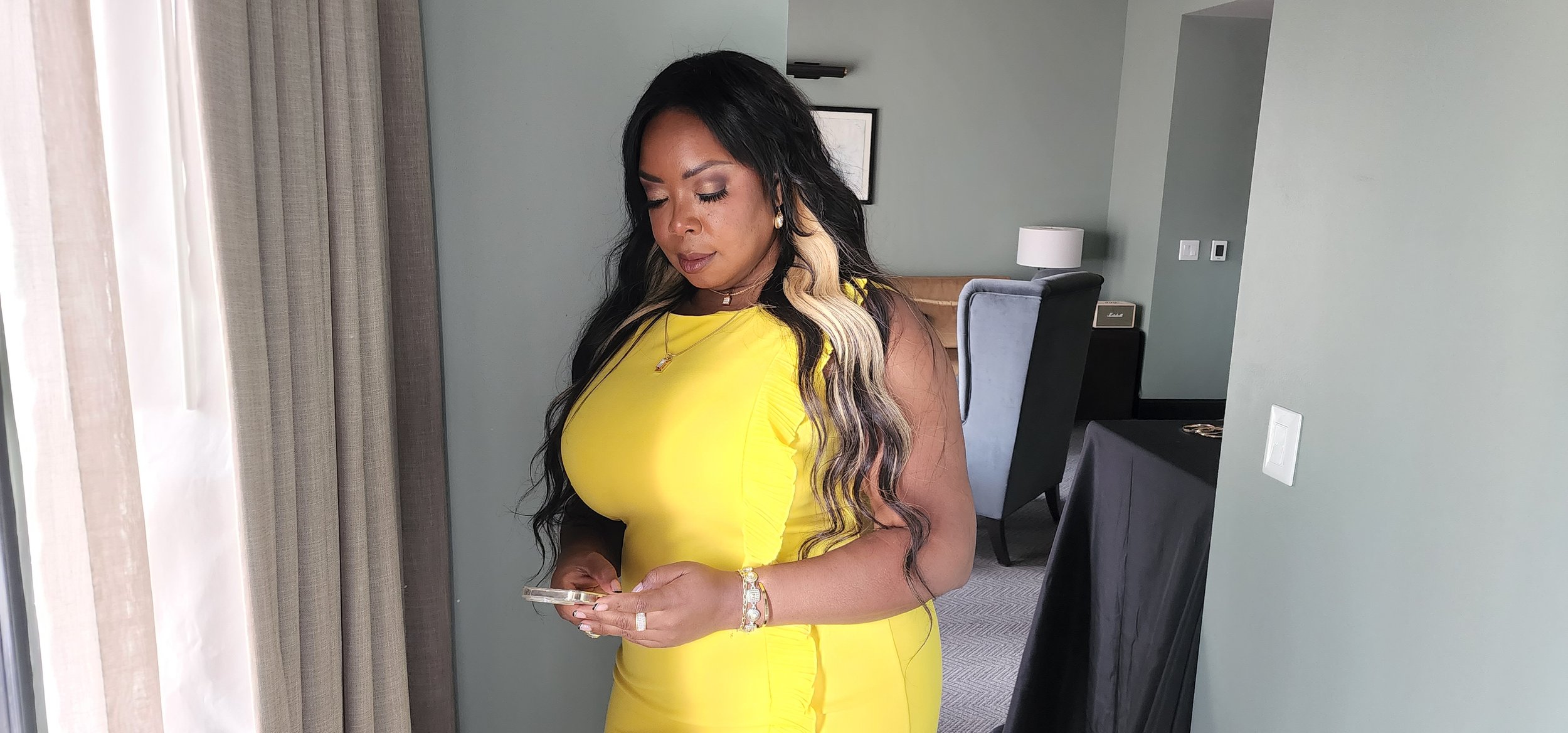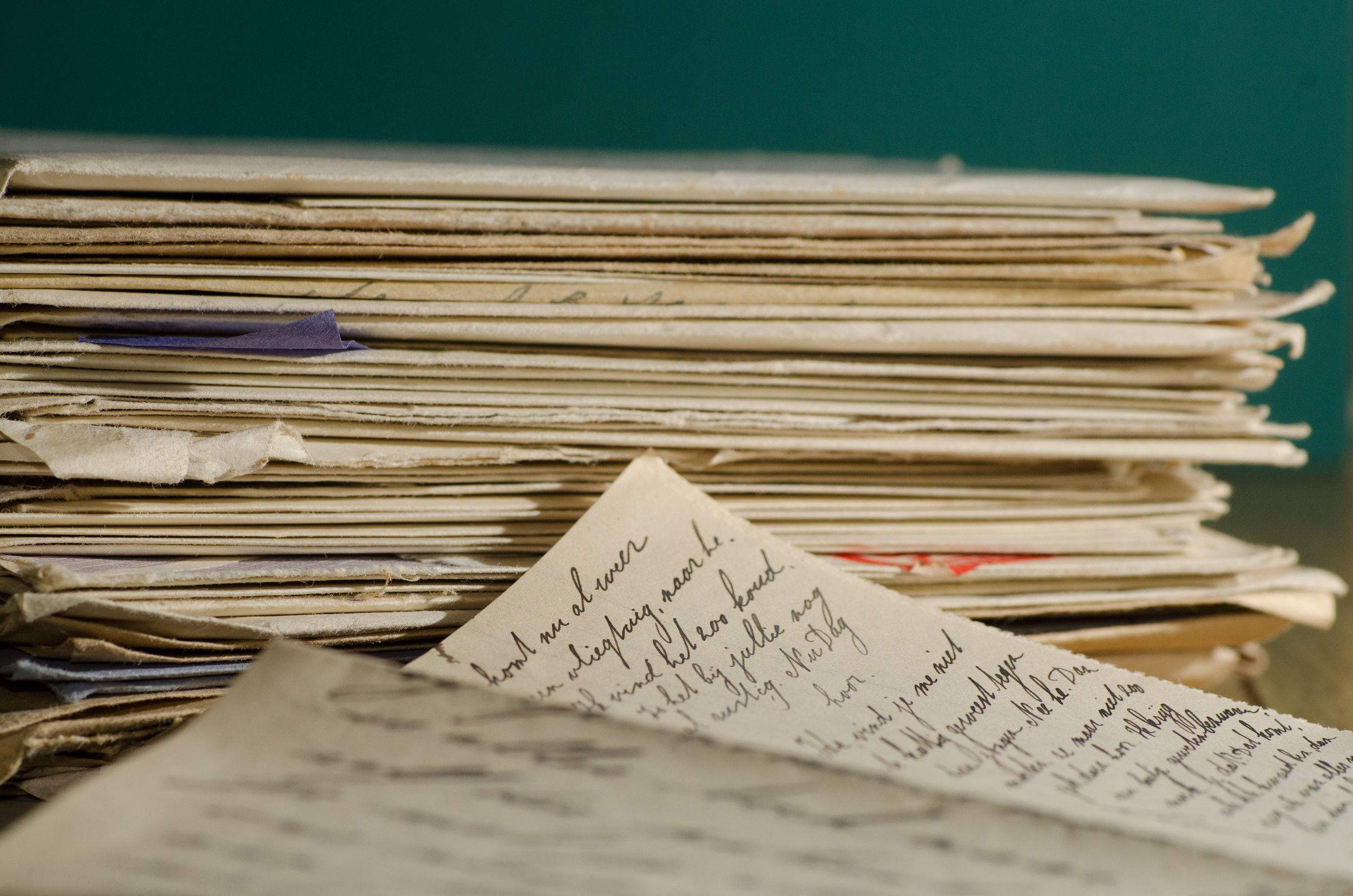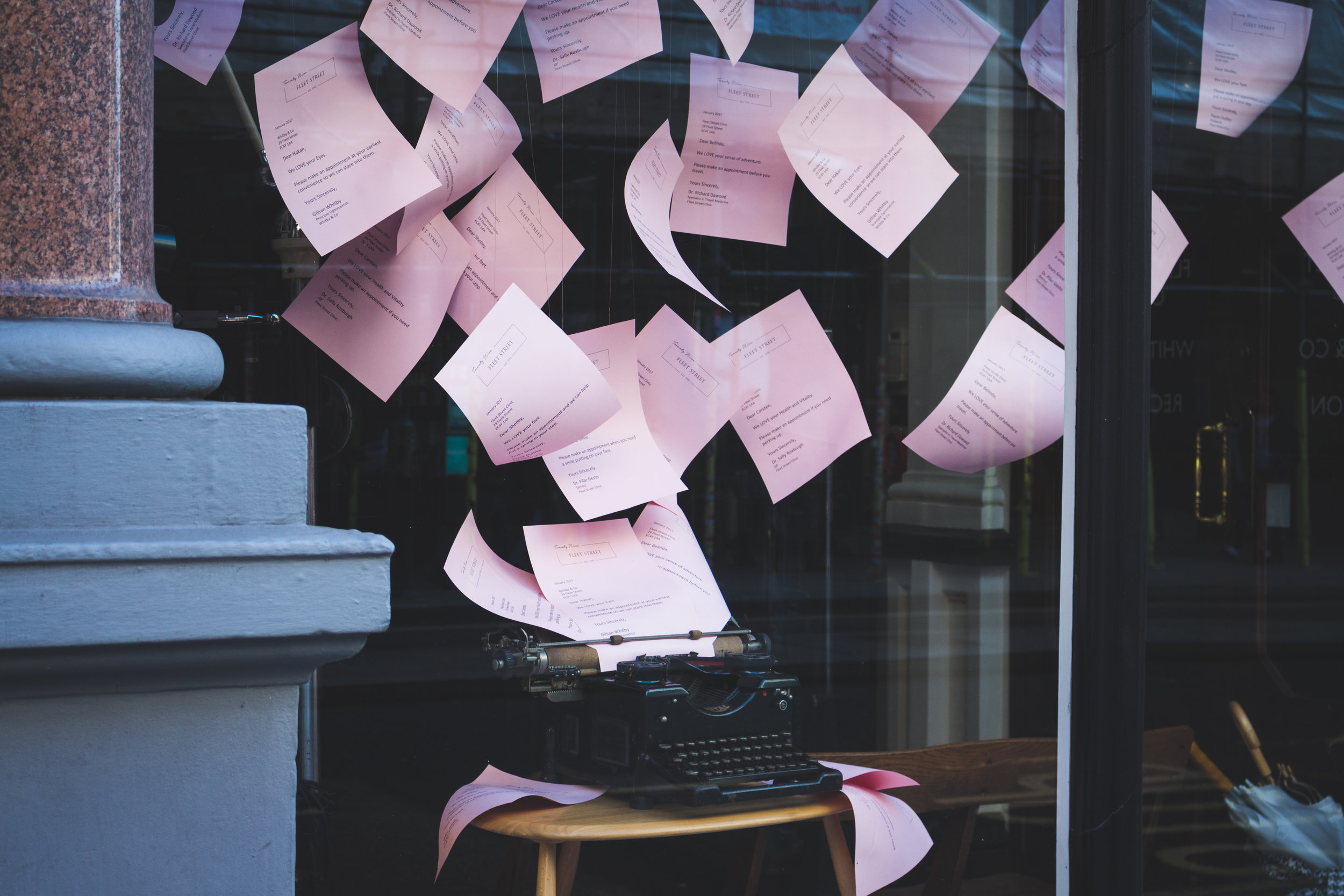

6 Days and 40 Manuscripts Later: Musings of an Editor Reviewing Submissions
I want writers to be successful. I want to see them take ownership of their gift—research more, practice more, train more, hone and fine-tune more, go back to the drawing board more, be critiqued more, and think more about the industry as a whole.

8 Ingredients of a Safe and Sound Release Form
In a previous post (Trials, Traumas, and Tragedies, Oh My), I went on and on about the difficulties of writing (and editing) a book based on your personal testimony. I mostly focused on the importance of getting the subjects in your story to sign a release form. So after all that, I knew it wouldn’t be right for me to talk all that noise about releases and not talk about how to draw up a quick and easy release. Here goes a simple list of things to put in your release form.

Trials, Traumas, and Tragedies, Oh My: The Editorial Nightmare of the Personal Testimony
I once edited a book that had about fifty subjects who all needed to be hunted down so that they could sign a release form allowing this one author to talk about how he interacted with them in a significant way and their lives changed for the better. The author had no knowledge of libel or the risks he was taking by mentioning both public figures and private citizens. So, yes, the chore fell to me.

7 Questions Every Author Must Be Able to Answer About Their Book
As you begin to formulate the main topic of your book and your target audience, these are the other equally important questions you, your book proposal, and your manuscript should be able to answer.
Core Values for Editing That I Learned as a Banker
Back when I was in college and beginning my trek up the corporate mountain, I worked for a bank, who called themselves “the Relationship People.” They built this ideal around six core values:
